Food Justice
Fairtrade School Award
By Nicola Deschamps

From classroom cake sales to writing manifestos for change, the Fairtrade School Award is inspiring pupils to see how everyday choices can shape a fairer world. Nicola Deschamps discovers how this nationwide scheme is helping children learn, lead and take action – and why your local school might want to get involved.
Launched in 2007, the Fairtrade School Award was established to give schools a framework for understanding global trade issues, supporting Fairtrade and developing practical skills such as teamwork and collaboration, persuasive writing, advocacy and taking action. The award was revised in 2017 to introduce three progressive levels: FairAware, FairActive and FairAchiever.
The aim was to encourage greater engagement and provide clearer pathways for schools to participate in Fairtrade education and advocacy. Schools have up to two years to complete each stage and on completion are awarded a printable certificate and a digital badge in recognition of their commitment to Fairtrade and evolving knowledge. Bristol-based schools that have signed up include St Katherine’s School, Venturers’ Academy and The Kingfisher School.
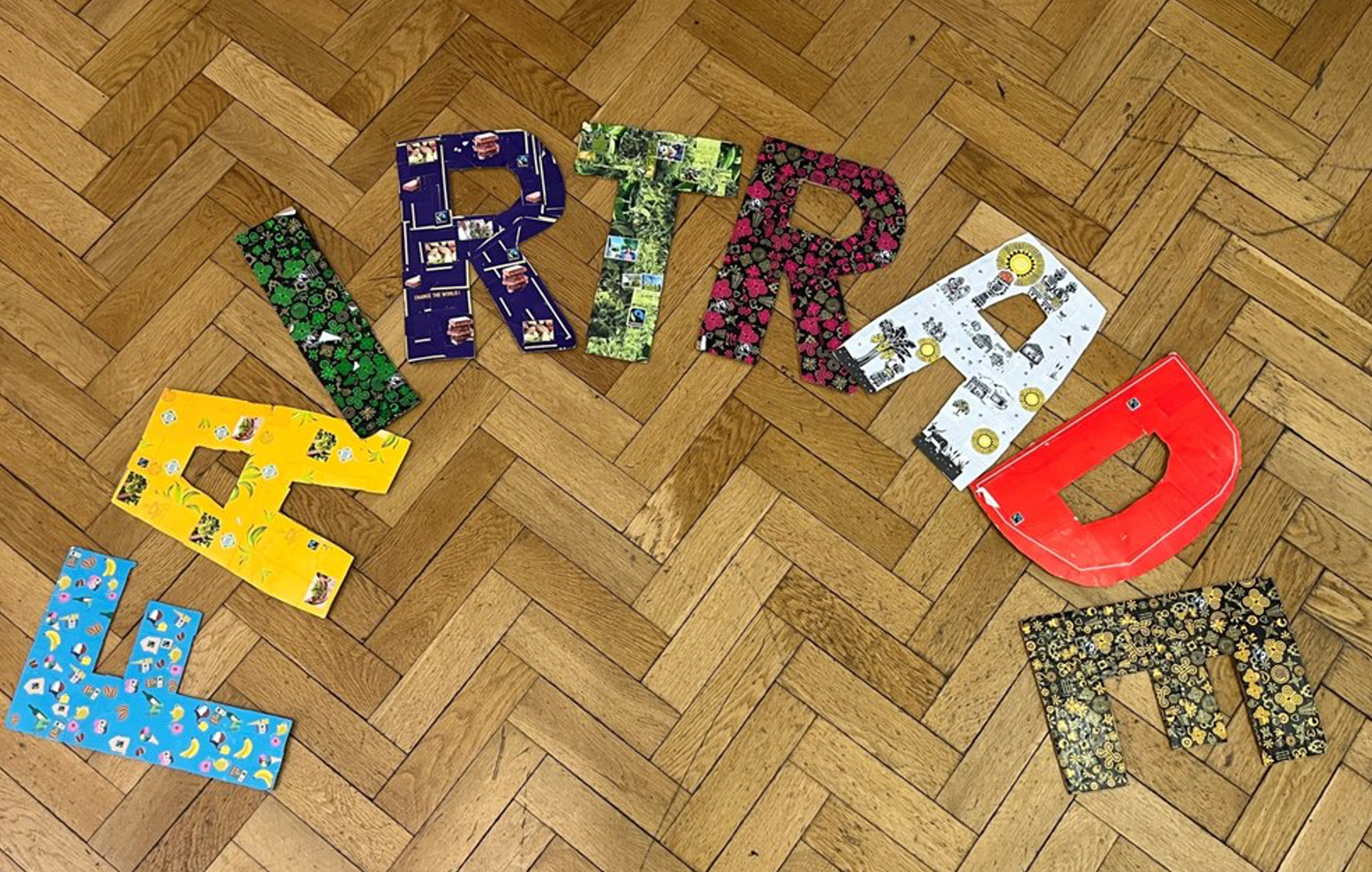
Recognising global challenges, such as those faced by countries disadvantaged by trade, poverty and unequal access to markets, helps children realise that their everyday choices can impact others. This awareness encourages them to become responsible global citizens and develop moral values that prioritise protecting people and the environment. The award acknowledges the efforts of participating schools and the value of the experience for both children and staff, as well as supporting schools in achieving OFSTED targets.
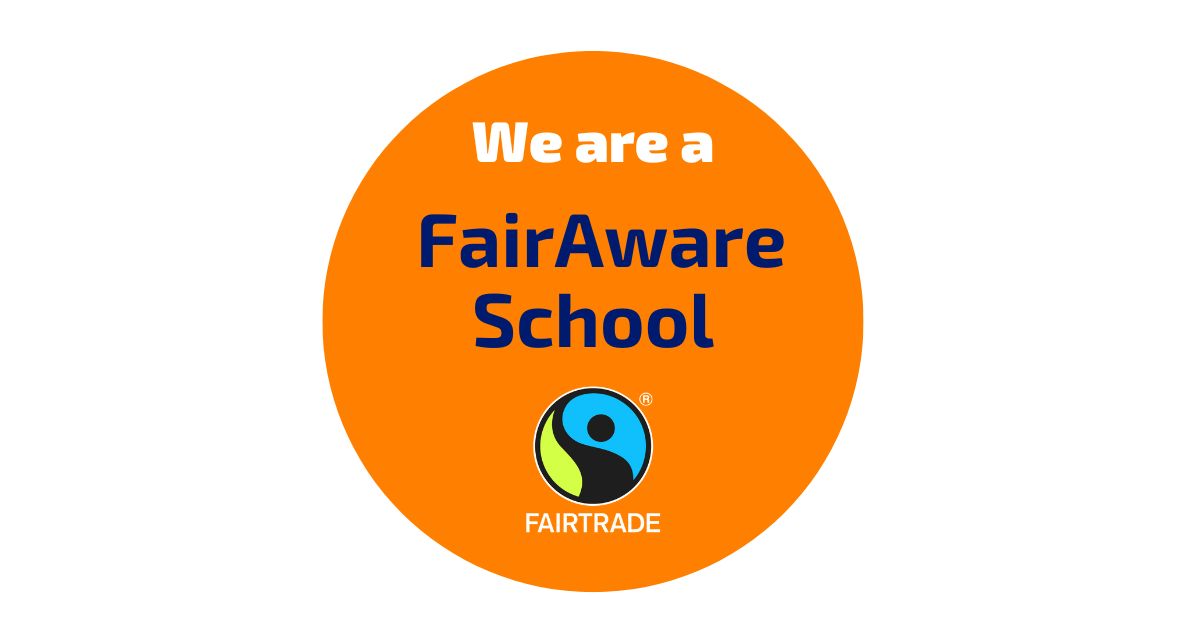
Of the schools that have signed up across the UK, 70% are primary schools (5–11-year-olds) and 30% secondary (11+ years old). The award aligns with the curriculum and is relevant to numerous subjects, including geography, history, religious studies, PHSE, maths and more. All details on how a school can participate are available online. There are over 300 free downloadable resources, including lesson plans, films and games that can be used at each level, with filters to help teachers find age-appropriate material.
FairAware is the starting level, requiring a school to register and record its Fairtrade journey. This includes organising an activity and carrying out product, teaching and learning audits to demonstrate which Fairtrade products are used in the school, what is being taught about Fairtrade and students’ understanding. This level, together with the next one, FairActive, is self-assessed and requires participating schools to submit online examples of how they’ve met the criteria, such as photographs of a cake sale or a summary of a learning activity.
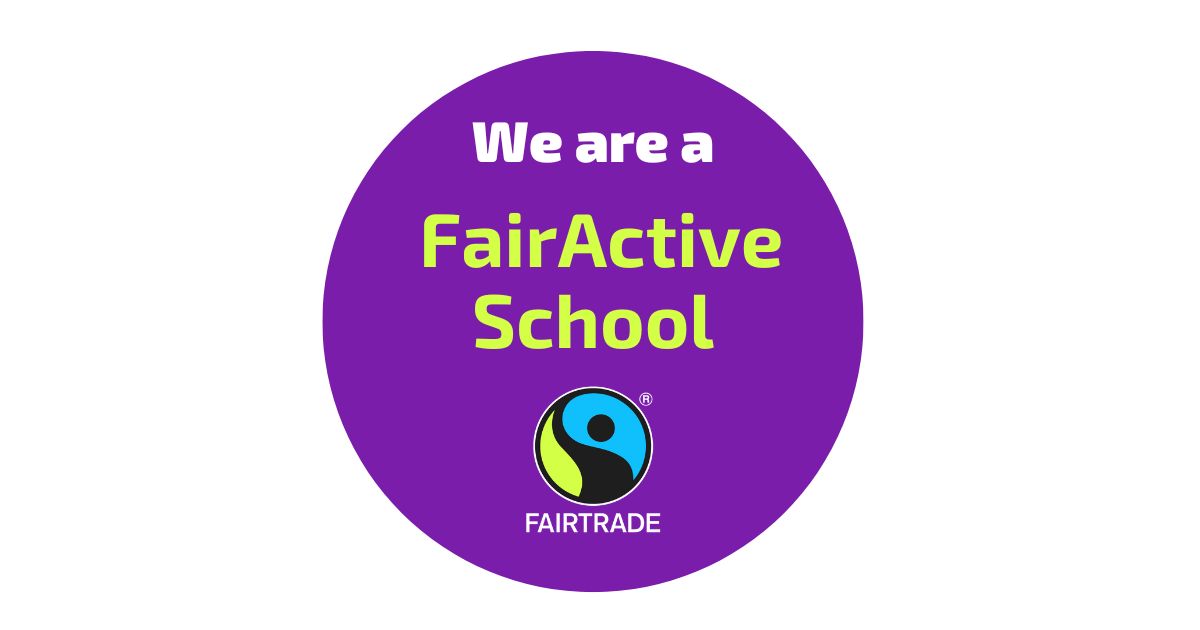
To complete the next level, Fairtrade schools must create a Fairtrade activity group, organise an assembly to promote Fairtrade in the school, host a community or school event, and take on a challenge such as organising a campaign.
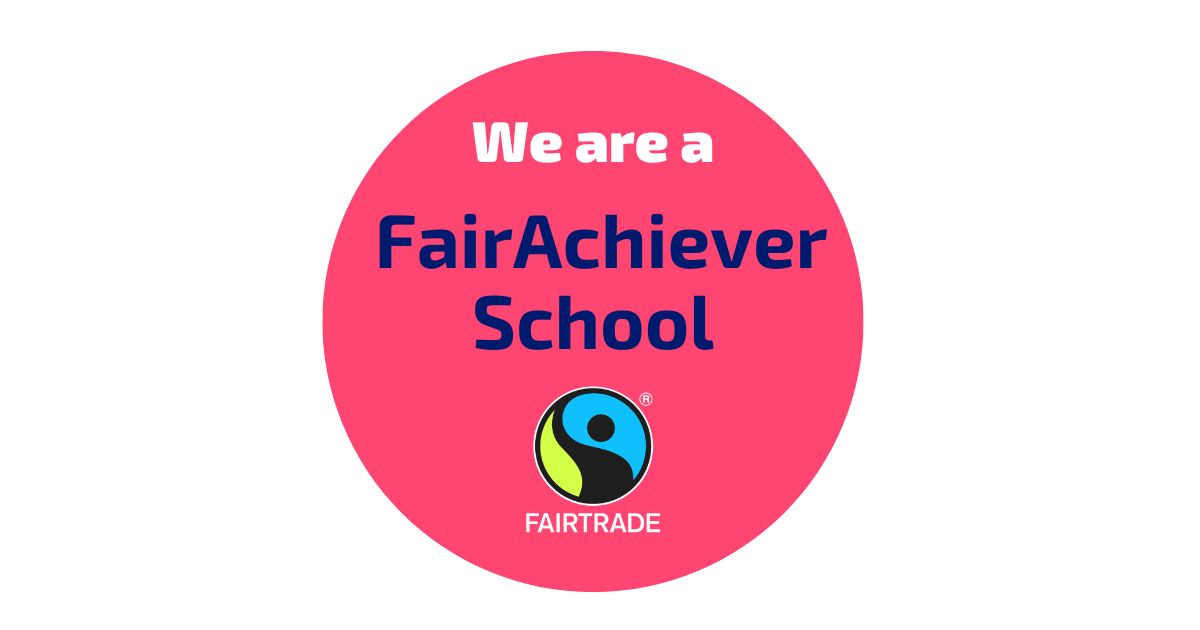
The final level in the Fairtrade School Award is FairAchiever, which requires the school to submit evidence for independent assessment. Writing a manifesto on why and how the school intends to maintain its commitment to Fairtrade and demonstrate how the issues it advocates for have become integrated into the children’s learning and school life community. Schools are asked to demonstrate their use of Fairtrade products in the school and complete two additional challenges, such as fundraising or inviting someone to speak on a Fairtrade topic.
Earlier this year, the Fairtrade Foundation conducted a survey among participating schools, receiving 400 responses. The results showed that children had a good understanding of Fairtrade principles, thanks to their involvement in the Fairtrade School Award. The survey revealed a positive link between the award and their understanding of Fairtrade issues, with both staff and children reporting a positive experience. The downloadable resources provided are in high demand, with 200,000 downloads annually by teachers. Schools worldwide have requested translations of many of these materials.
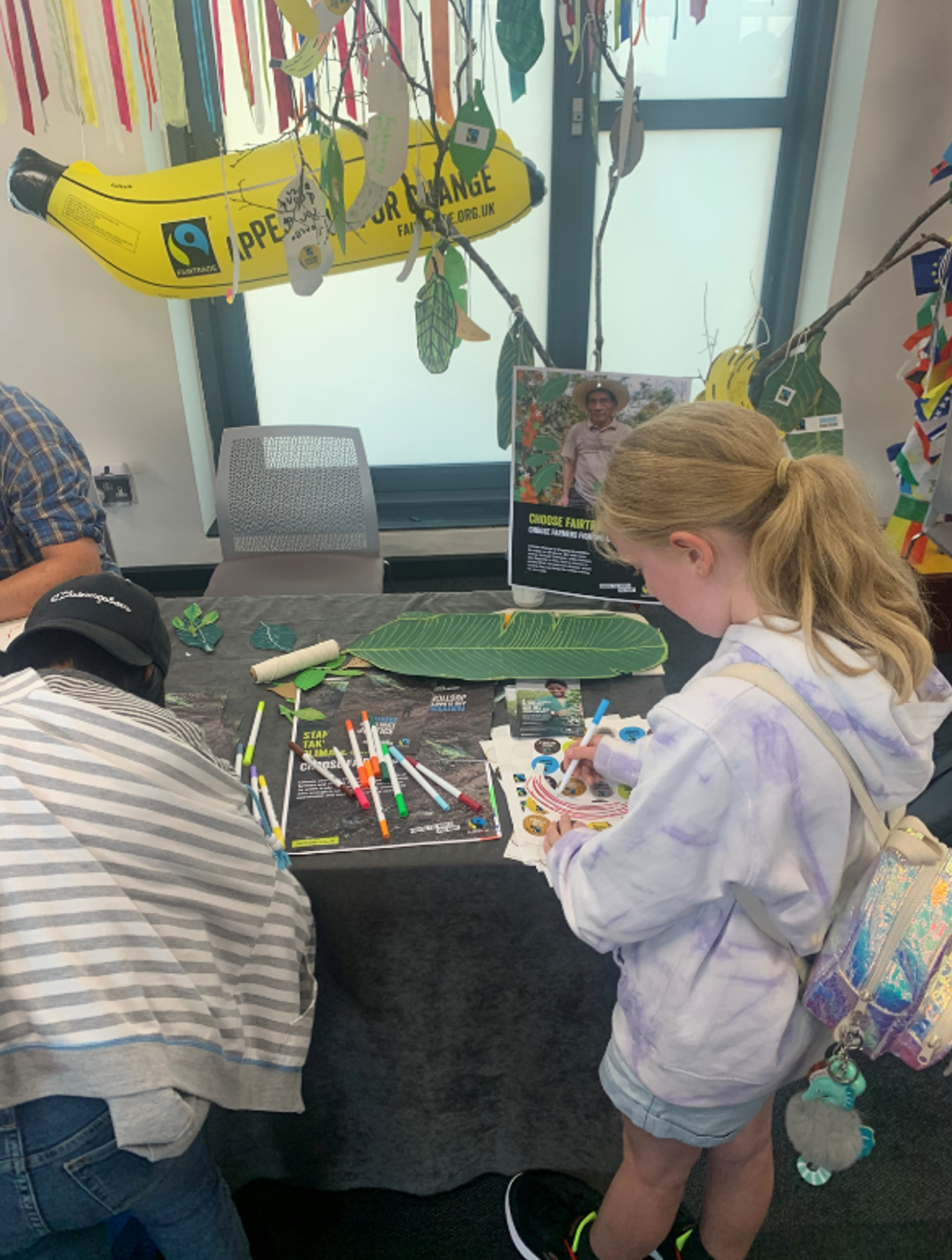
Moving forward, the Foundation is keen to build on this success by increasing student understanding of related social issues, political and economic policies and inequality in low-income countries. It plans to focus on encouraging more secondary schools, universities and communities to register, and to expand its network of grassroots volunteers, notably campaigners. The Foundation has developed an online interactive map that highlights all registered community groups, schools and churches, which it hopes will help like-minded people connect. Speaker training is available to volunteers as well as resource packs for organising events, such as Brew it Fair, a new campaign to protect tea workers and their environment.
For more information about the Fairtrade School Award, email schools@fairtrade.org.uk.
Sign up for the Fairtrade School Award newsletter.
Read other stories by Nicola on Fairtrade and sustainability Why buy Fairtrade?, Can eating fish be sustainable? and Wild foods and sustainable foraging.
Nicola Deschamps is a registered nutritionist, author and editor: targeteditorial.co.uk.
To stay updated on future events, job opportunities and news, don’t forget to sign up for the Bristol Good Food Update at bristolgoodfood.org/newsletter.
Photos by Elena Fernandez Lee.
So, what change do you want to see happen that will transform food in Bristol by 2030? Do you already have an idea for how Bristol can make this happen? Join the conversation now.
* Required field